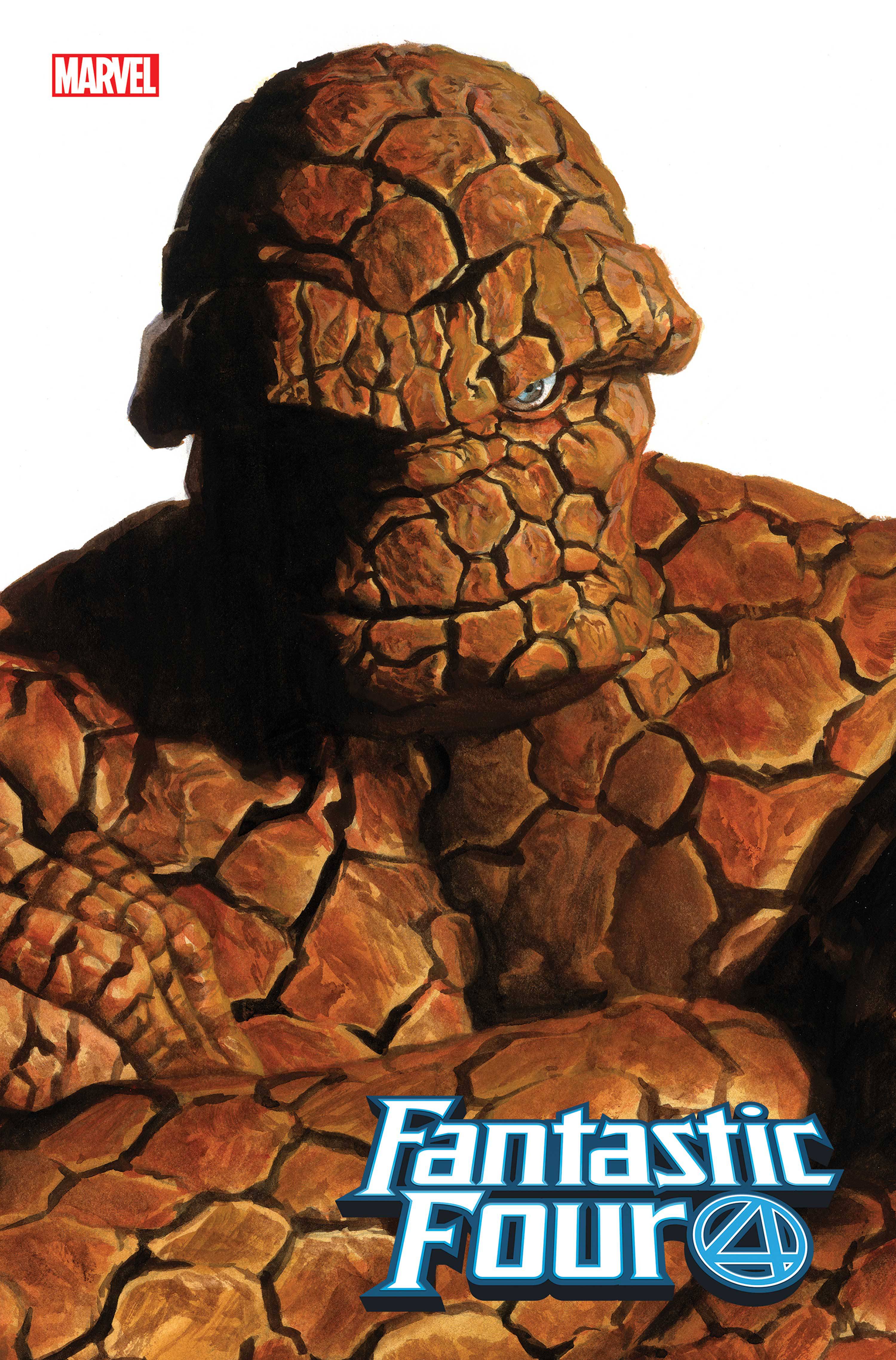
His “Fantastic Four” book was not to be found it had only come out that morning and was already sold out. Standing alongside him in a comic book store, I felt them, too. Or as Stan Lee described in the introduction to a 2012 reissue of “Marvels,” not until Ross “had that universe seemed quite so undeniably authentic, so unquestionably credible.” Ross made iconic characters that had previously lived only as pen and ink seem tangible in the real world. Ross wasn’t dressing famous faces in capes and boots and cowls the minister at the center of “Kingdom Come,” for example, was modeled on his own father, a minister in real life. Both - “Marvels” in earthier fashion than the widescreen mythological operatics of “Kingdom Come” - offered something rarely seen: a snapshot of a fantasy world as it might actually look if it were real. In the early 1990s, he made his name on a pair of limited series comics: “Marvels” for Marvel, with writer Kurt Busiek, and “Kingdom Come” for DC, with writer Mark Waid.

More likely, Ross is closer to a pivotal innovation on the golden road that led to the MCU than some organizing force.


"Fantastic Four: Full Circle" at Comix Revolution in Evanston.


 0 kommentar(er)
0 kommentar(er)
